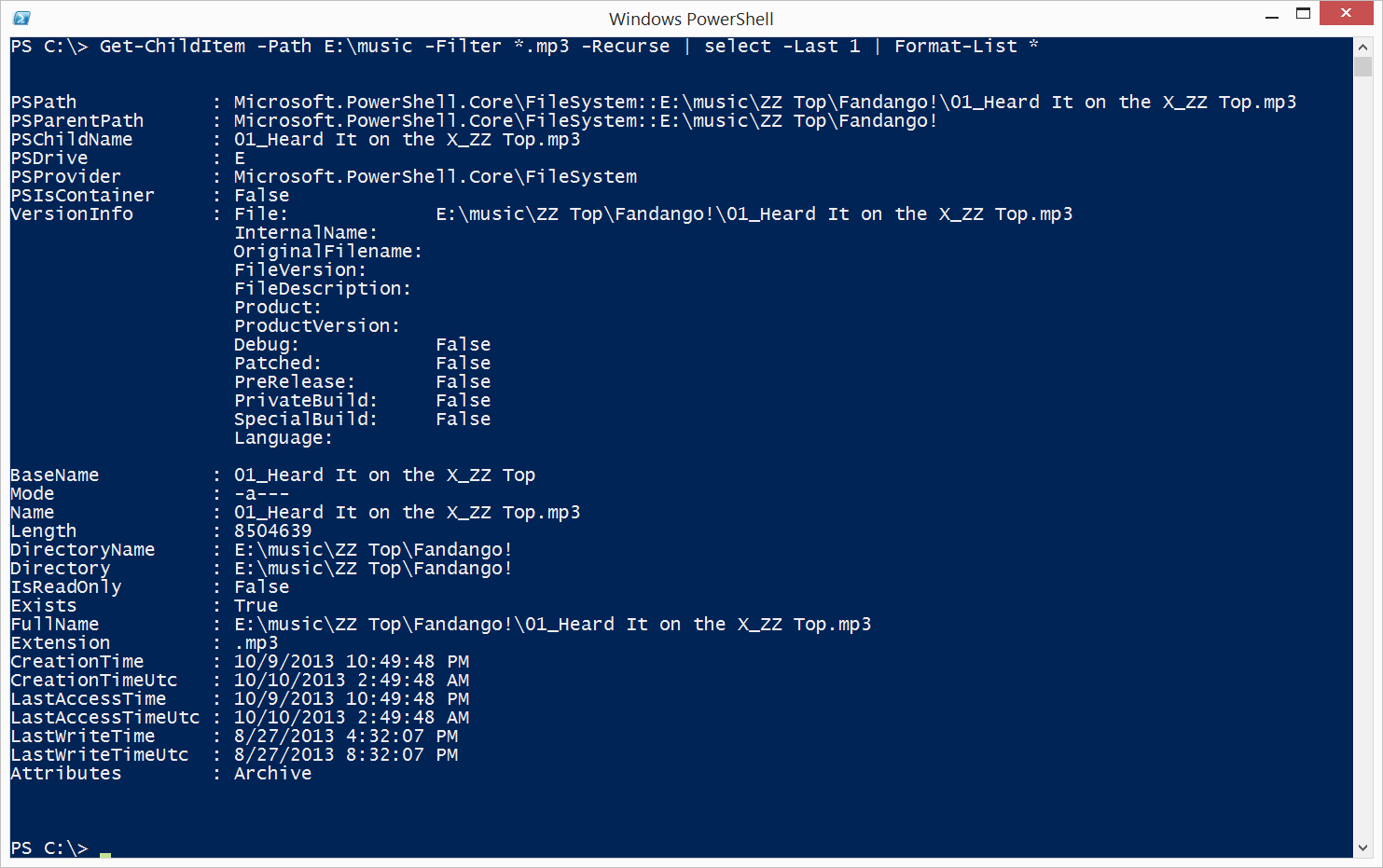
You can go to your O.S shell to verify the information. txt file but this time with all the information like file permission, modification time and meta-data information. Once you deleted the file and run the program it will create a copy of your.

Before we run this code, we have to delete our copy file “”. To copy meta-data associated with the file, file permission and other information you have to use “ copystat” function. Step 3) Copy meta-data associated with the file, file permission and other informationĬopy function only copies the content of the file but no other information. bak extension is created on right-hand side of the panel When you run the code, you will see a duplicate file with.And then we going to use utility’s copy function to copy from source to the destination.bak extension is going to be our duplicate copy Take the original file name “guru99.txt” and add letters.Here we used to create a copy of our existing file “guru99.txt.” We use Shutil Module to create a copy of the existing file. Step 2) Create a copy of our existing file using shutil module
#Get file path filter to filter csv nifi code#
Code when executed prints out “ file name” and “ file path” separately.For that, we are going to use the split path.split function on source variable.Once we get the path, we going to separate the path and the file name.We store the file path in the variable “ src” if your file exist.Since we have created guru99.txt file earlier, we know it exists, and we will carry on further with the code First we are going to check that our “guru99.txt” file exists or not.GraphServiceClient graphClient = GraphServiceClient.builder().authenticationProvider( authProvider ).buildClient() Īttachment attachment = ().messages("AAMkADA1M-zAAA="). Let attachment = await client.api('/me/messages/AAMkADA1M-zAAA=/attachments/AAMkADA1M-CJKtzmnlcqVgqI=')
#Get file path filter to filter csv nifi how to#
GET /me/events/"]įor details about how to add the SDK to your project and create an authProvider instance, see the SDK documentation.

Permissionsĭepending on the resource ( event, message, or post) that the attachment is attached to and the permission type (delegated or application) requested, the permission specified in the following table is the least privileged required to call this API. Item attachment typeĪttempting to get the $value of a reference attachment returns HTTP 405. See example 6.įor an item attachment that is a contact, event, or message, the raw contents returned is in MIME format. You can append the path segment /$value to get the raw contents of a file or item attachment.įor a file attachment, the content type is based on its original content type. Get the raw contents of a file or item attachment See example 5.Īll these types of attachments are derived from the attachment resource. Programmatically, this is a referenceAttachment resource. You can use $expand to further get the properties of that item, including any nested attachments up to 30 levels. Programmatically, an item attachment is an itemAttachment resource.


 0 kommentar(er)
0 kommentar(er)
